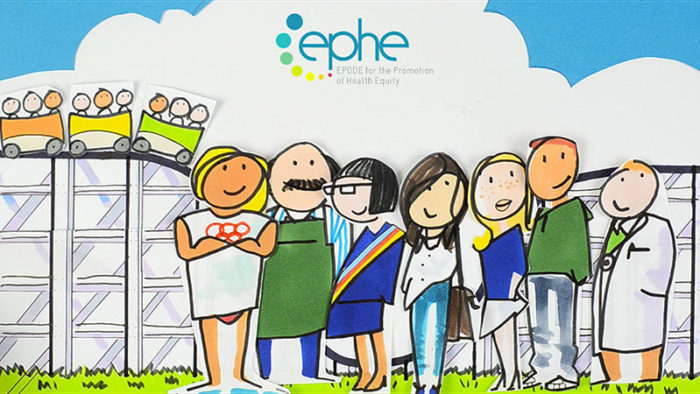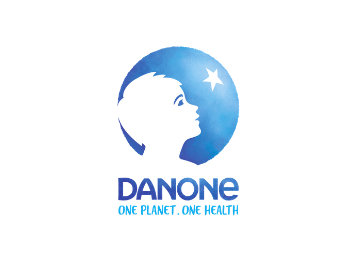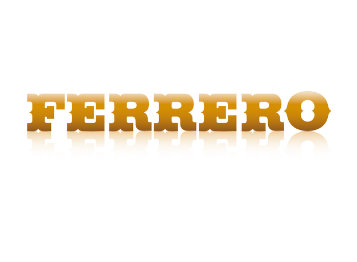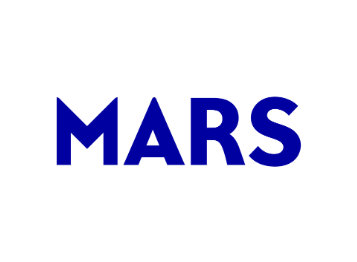The EPHE project, launched in 2012, analyses the added value of Community-Based Programmes, based on the EPODE model, for the reduction of socioeconomic inequalities in health-related diet and physical activity behaviours of families in seven European communities. The project involves seven Community-Based Programmes with the guidance of eight scientific partners to conduct its pilot life study.
The follow-up study consisted of 1,062 children aged six to eight years old and their parents, from different socioeconomic backgrounds. A self-reported questionnaire was administered to the parents to examine the children’s energy balance-related behaviours and determinants. After one year of tailored interventions, they observed changes in behaviours (fruit and vegetable consumption, water consumption, screen exposure) and their related determinants identified as gaps in the baseline within the low and within the high education groups. It is important to note that greater improvements were evident within the low education groups in relation to the behaviours.
These preliminary findings showed that after the tailored community-based interventions, the low socio-economic groups improved their behaviours more than the high. This indicates that the community-based programmes following the EPODE model have the capacity to reach disadvantaged populations and improve their energy balance related behaviours through tailored interventions. In 2015, there will be the final evaluation assessing the sustainability of these preliminary findings over time.
The project has received funding from the European Union, in the framework of the Health Programme. The EPHE project is also co-funded by its historical private partners: FERRERO, Mars together with Danone. All of EPHE private partners have directly or indirectly committed to the EU Platform for Action on Diet, Physical Activity and Health.






